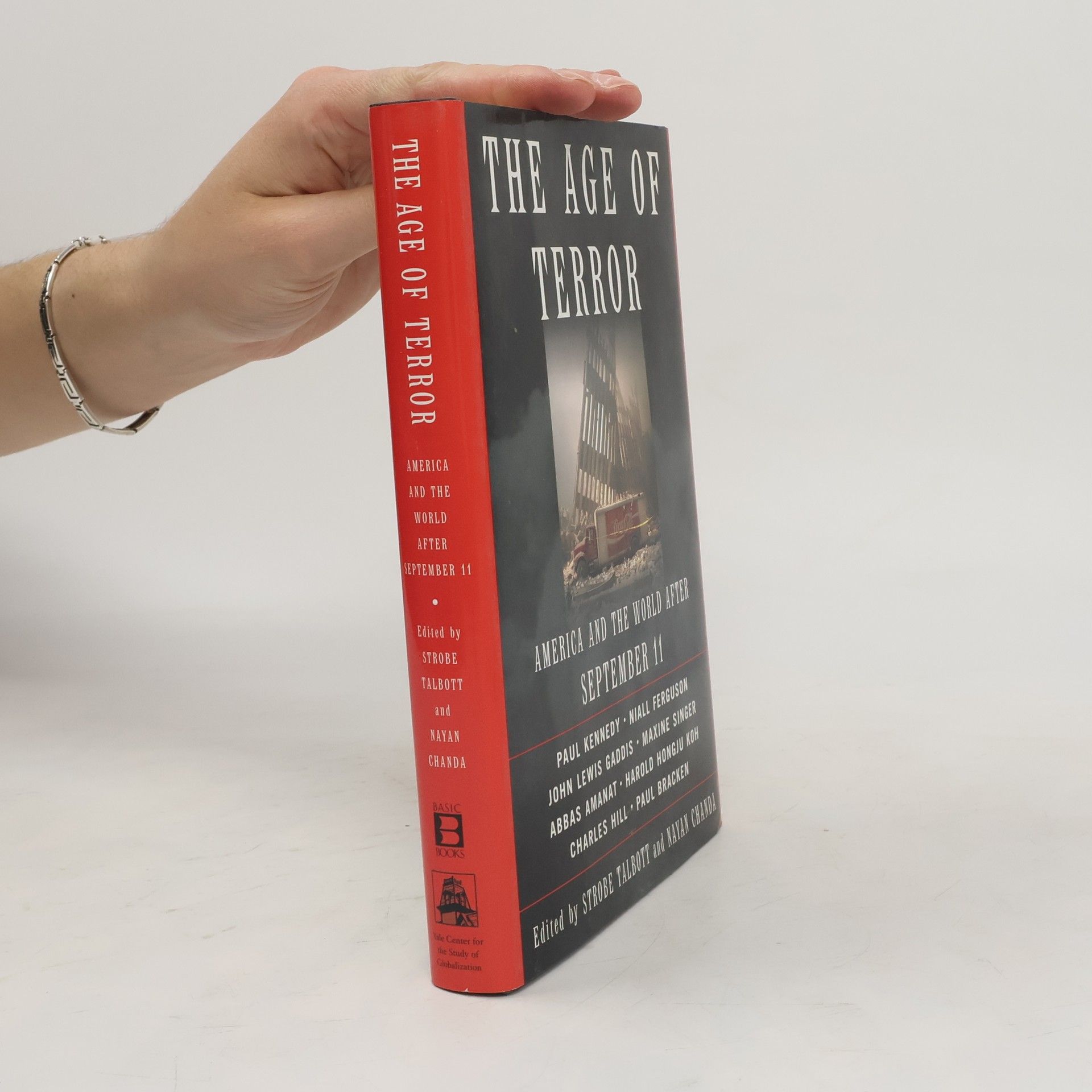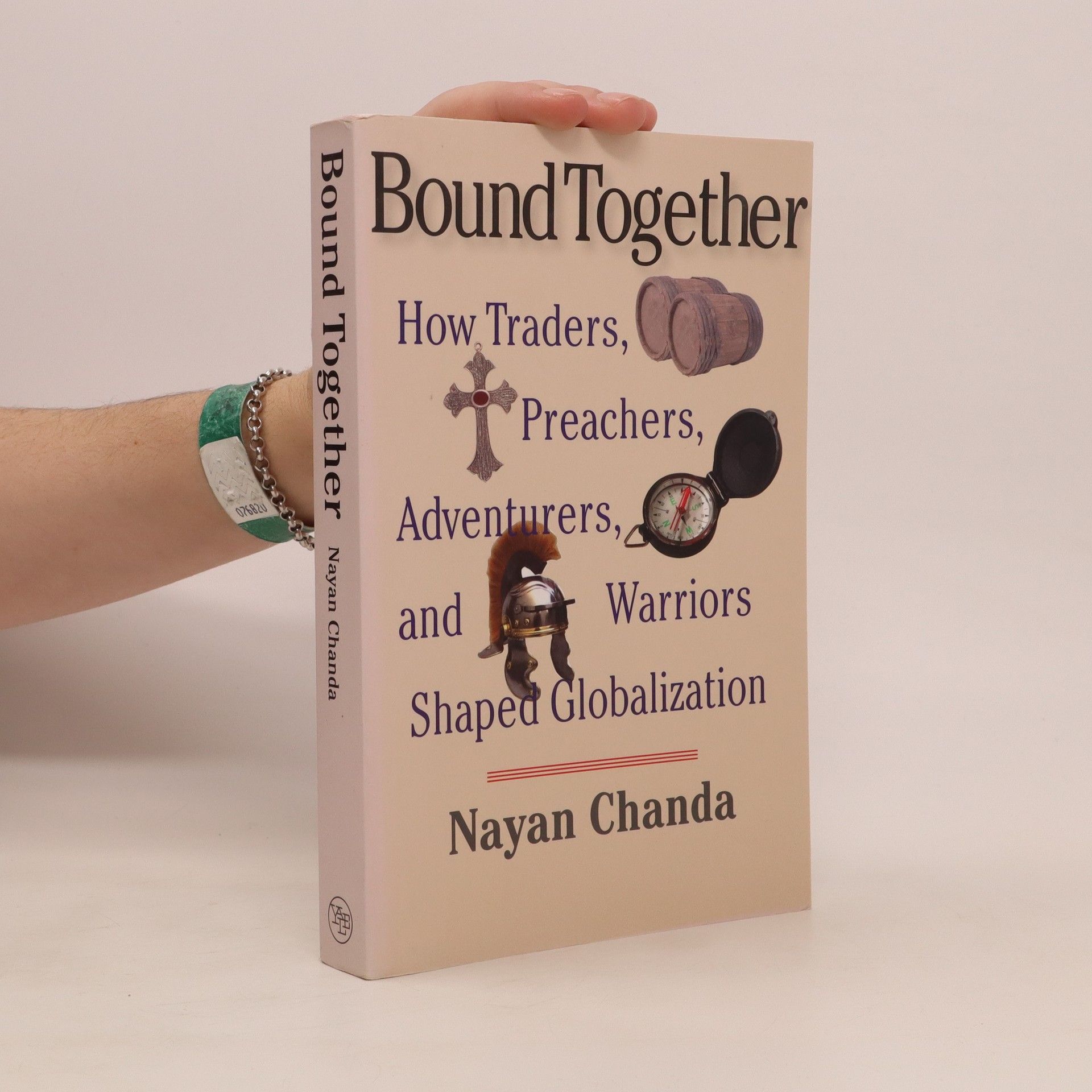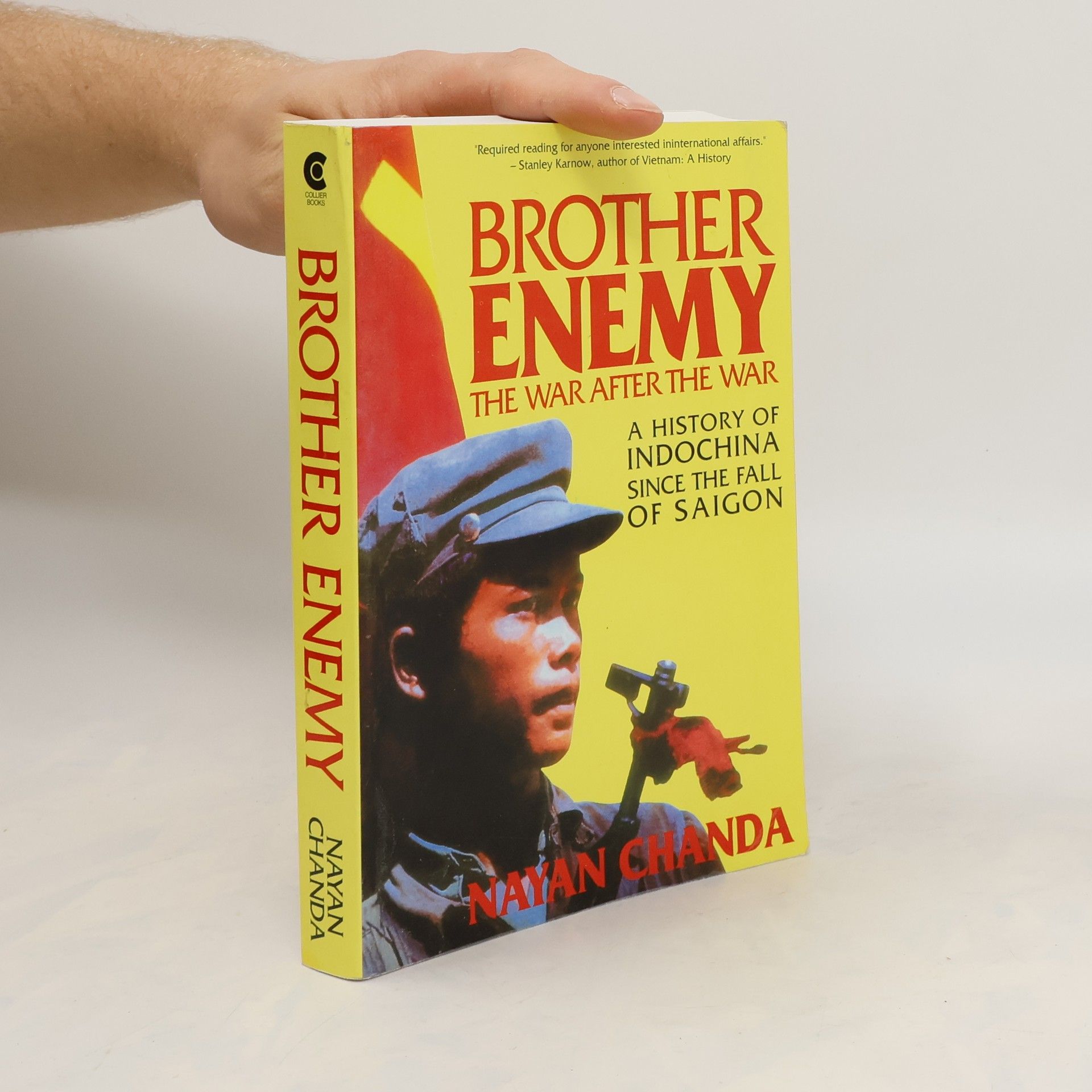Examines the Vietnamese invasion of Cambodia, describes the events that led to the Khmer Rouge policy of genocide, and assesses the impact of U.S. foreign policy on the region
Nayan Chanda Livres



Bound together. How traders, preachers, adventurers, and warriors shaped globalization.
- 416pages
- 15 heures de lecture
Since humans migrated from Africa and dispersed throughout the world, they have found countless ways and reasons to reconnect with each other. In this entertaining book, Nayan Chanda follows the exploits of traders, preachers, adventurers, and warriors throughout history as they have shaped and reshaped the world. For Chanda, globalization is a process of ever-growing interconnectedness and interdependence that began thousands of years ago and continues to this day with increasing speed and ease. In the end, globalization - from the lone adventurer carving out a new trade route to the expanding ambitions of great empires - is the product of myriad aspirations and apprehensions that define just about every aspect of our lives: what we eat, wear, ride, or possess is the product of thousands of years of human endeavour and suffering across the globe. Chanda reviews and illustrates the economic and technological forces at play in globalization today and concludes with a thought-provoking discussion of how we can and should embrace an inevitably global world
The Age Of Terror
- 232pages
- 9 heures de lecture
Momentous events have a way of connecting individuals both to history and to one another. So it was on September 11. Even before more than 4000 people died in less than two hours, there were farewell messages from the sky. In their last minutes, doomed passengers used cell phones to reach loved ones. A short time later, office workers trapped high in the burning towers called spouses, children, parents. Never had so many had the means to say good-bye. During the hours afterward, the survivors scrambled to make contact with family and friends. "Are you all right?" they asked. As the enormity of it all began to sink in, the question hanging in the air was, Were we all right? Since September 11, many have noted a humbling irony: the more time we'd spent in the old world and the better we thought we understood its organizing principles, the less ready we were for the new one. Suddenly, familiar terms and concepts were inadequate, starting with the word terrorism itself. The dictionary defines it as violence, particularly against civilians, carried out for a political purpose. September 11 certainly qualified. But American's earlier encounters with terrorism neither anticipated nor encopmassed this new manifestation. Commentators instantly evoked Pearl Harbor, that other bolt-from-the-blue raid, sixty years before, as the closest thing to a precedent. But there really was none. This was something new under the sun.